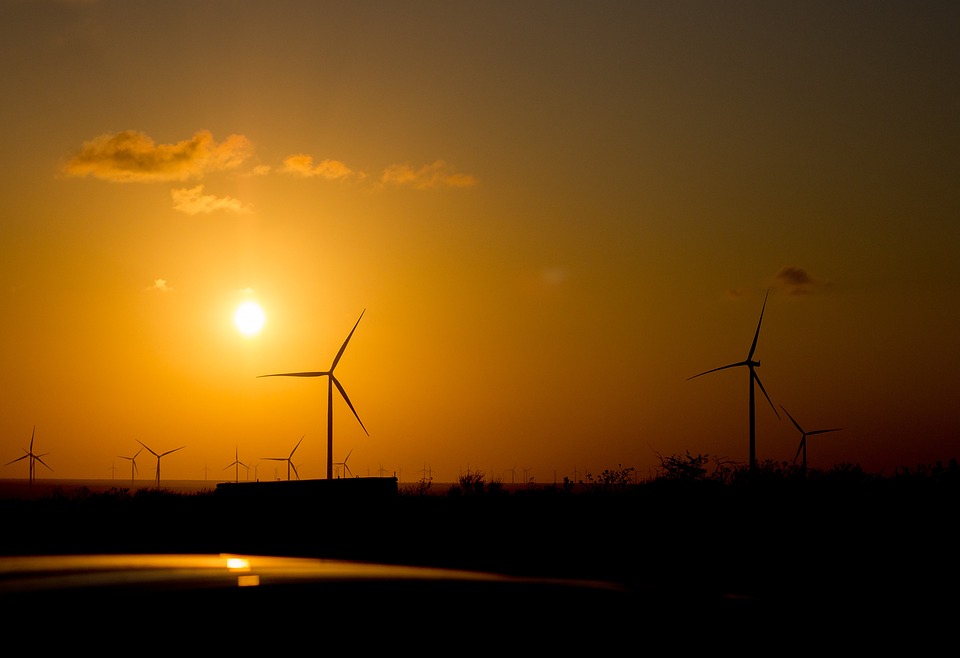The Importance of Energy Efficiency in the Danish Economy
As a specialist in macroeconomic policies in the Nordic countries, I have always been fascinated by the unique economic model of Denmark. The Danish economy is renowned for its stability, innovation, and commitment to sustainability. One of the key pillars of Denmark’s economic success is its emphasis on energy efficiency. In this article, I will delve into the economic implications of energy efficiency in Denmark and explore how the country’s approach serves as a model for sustainable economic growth.
Historical Context
Denmark has a long history of embracing renewable energy and sustainability. By the 1970s, the country was already investing in wind power, paving the way for its eventual position as a global leader in clean energy. Today, Denmark is a net exporter of renewable energy and is on track to meet its ambitious goal of transitioning to 100% renewable electricity by 2030.
Implications for Economic Growth
The commitment to energy efficiency has not only positioned Denmark as a pioneer in sustainable energy practices but has also had significant implications for its economy. Here are some of the ways in which energy efficiency has impacted the Danish economy:
- Job Creation: The renewable energy sector has been a major source of job creation in Denmark. This includes manufacturing, installation, maintenance, and research and development in the field of clean energy technologies.
- Export Opportunities: Denmark’s expertise in renewable energy has created lucrative opportunities for exporting clean energy technologies and expertise to other countries. This has had a positive impact on the country’s balance of trade and has contributed to economic growth.
- Reduced Energy Costs: Energy efficiency measures have helped reduce the overall energy consumption in Denmark, leading to cost savings for businesses and households. This has freed up resources that can be redirected towards other areas of the economy.
Policy Framework
Denmark’s success in energy efficiency is underpinned by a strong policy framework that supports the transition to renewable energy. Key policies include:
- The Energy Agreement: This agreement, established in 2012, sets out specific targets for the expansion of renewable energy sources and energy efficiency measures. It provides a clear roadmap for investment and development in the clean energy sector.
- Green Tax Reform: Denmark has implemented a green tax reform to incentivize energy efficiency and discourage carbon emissions. This has been instrumental in driving the transition towards sustainable energy practices.
- Public-Private Partnerships: The Danish government has actively facilitated partnerships between public and private sector entities to drive innovation and investment in renewable energy technologies.
Lessons for Other Economies
The Danish experience with energy efficiency holds valuable lessons for other economies seeking to transition to sustainable energy practices. Some key takeaways include:
- Long-Term Vision: Denmark’s success is built on a long-term vision for sustainable development. This requires political commitment and a clear roadmap for investment in renewable energy infrastructure.
- Collaboration and Innovation: The collaboration between government, industry, and research institutions has been crucial in driving innovation and technological advancements in the clean energy sector.
- Market Incentives: The use of market-based incentives, such as green taxation, has been effective in encouraging energy efficiency and stimulating investment in renewable energy.
Challenges and Opportunities
While Denmark has made significant strides in energy efficiency, the journey has not been without its challenges. The transition to renewable energy has required substantial investment and has posed technical and logistical challenges. However, the opportunities presented by a sustainable energy economy far outweigh the obstacles. As global awareness of climate change and environmental sustainability grows, Denmark is well-positioned to capitalize on its expertise and experience in the clean energy sector.
Conclusion
In conclusion, the Danish economy’s commitment to energy efficiency has positioned the country as a global leader in sustainable development. The economic implications of this commitment are clear, with job creation, export opportunities, and reduced energy costs contributing to overall economic growth. The Danish experience offers valuable insights for other economies seeking to embrace clean energy and sustainability. By leveraging long-term vision, collaboration, and market incentives, countries around the world can follow Denmark’s example and create sustainable, resilient economies for the future.





